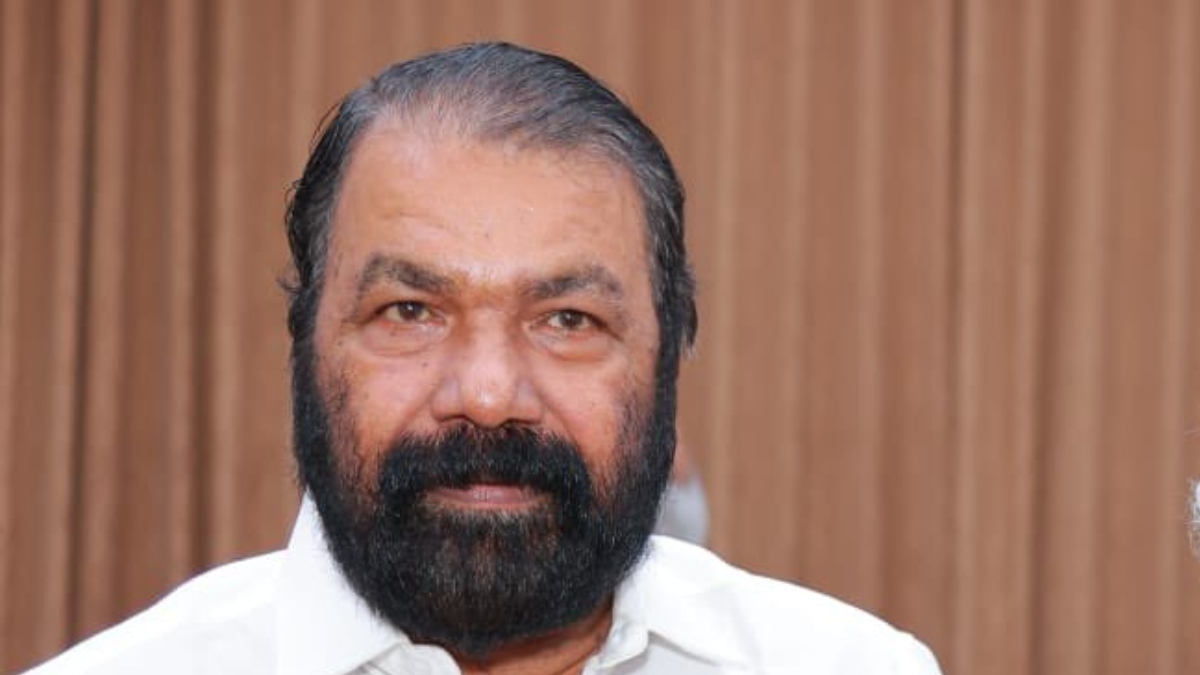Kerala school hijab row: The story so far as controversy refuses to die down
 Kerala Education Minister V. Sivankutty | X
Kerala Education Minister V. Sivankutty | X
The hijab row at St. Rita’s Public School in Kerala’s Palluruthy took a new turn today as the school principal, Sr. Helene, accused the Deputy Director of Education (DDE) of making untruthful statements in the report submitted to the government on the issue.
The controversy erupted at the Christian nun-run CBSE school after a Muslim student began wearing a hijab to school, which, according to the school authorities, violates its uniform policy. The management sought a written explanation from the student’s guardians. However, on October 10, the student’s guardians, along with a group, allegedly entered the school premises forcefully and created a ruckus, the school authorities claimed. On October 13, the school obtained police protection from the court and declared a two-day holiday following escalating differences with the parents of the student who came wearing the hijab.
Notably, Education Minister V. Sivankutty has made several flip-flops on this issue. On October 13, Sivankutty upheld the school’s uniform rules, stating that “any modification to the prescribed school uniform would not be permitted” and emphasizing that the rule applies equally to all students.
However, yesterday, the minister stated that the Deputy Director of Education (Ernakulam)—who had conducted an inquiry based on a complaint filed by the student’s father—found serious lapses on the part of the school authorities. “According to the inquiry report of the Deputy Director of Education, expelling the student from class for wearing a headscarf constitutes a serious violation of conduct and a breach of the Right to Education Act. The report further states that the school’s action was against the constitutional guarantee of citizens’ fundamental right to religious freedom,” Sivankutty said.
He further announced that the school had been directed to permit the student to continue her studies while wearing the headscarf as part of her religious belief. “However, the school authorities may decide the colour and design of the headscarf. The principal and the manager of the school have been strictly instructed to fully address the mental distress caused to the student and her parents and to submit a report on the matter,” the minister noted in his social media post.
The school authorities, however, stated that they had neither received any notice from the government nor expelled the student. The principal also reiterated that the school management has the right to decide the uniform policy and that the institution has not denied education to the student.
Interestingly, Congress MP Hibi Eden had claimed yesterday that the issue was resolved and that the girl’s father had expressed willingness to let his daughter continue studying at the school in accordance with its rules. However, Sivankutty’s statement on October 14, alleging serious lapses by the school, reignited the controversy.
Following the school authorities’ strong criticism of the DDE’s report today, the education minister remarked that if the issue has been amicably resolved at the school level, “let it be so,” while reiterating that no one has the right to deny education to a child.
Notably, the school is now planning to challenge the matter in court, if necessary. The authorities cited a similar case from 2018 in which the court delivered a verdict in favor of the school authorities.
The case referred to by the St. Rita’s School authorities is Fathima Thasneem vs State of Kerala, in which female Muslim students, represented by their parents, had filed a writ petition before the Kerala High Court seeking permission to wear a headscarf and full-sleeve shirt—both not part of the prescribed uniform of Christ Nagar Public School, a Christian priests-run school in Thiruvananthapuram. The court held that the students’ individual right to wear the hijab and full-sleeve shirt must be weighed against the school’s right to establish, manage, and administer its affairs. It further ruled that the school, being a private institution, has a fundamental right to prescribe its dress code. The court observed that religious rights under Article 25 are relative and not absolute and therefore must be balanced against other constitutional rights. Hence, the petitioners could not impose their religious dress preference on the institution.
India